Platelet Health and Count with Nutrition and Supplements
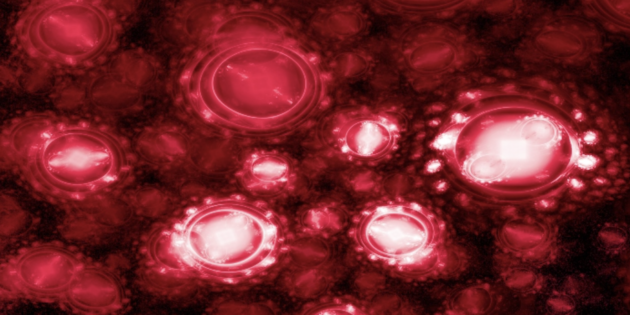
Platelets, or in other words, thrombocytes, are colorless blood cells that help blood aggregate or clot together to form plugs in injuries to stop bleeding. Platelets are called by this name because, under a microscope, they look like small plates in their non-active form. A platelet becomes active whenever it receives a signal that there…
Managing Hashimoto Thyroiditis With Diet, Lifestyle Changes, and Supplements
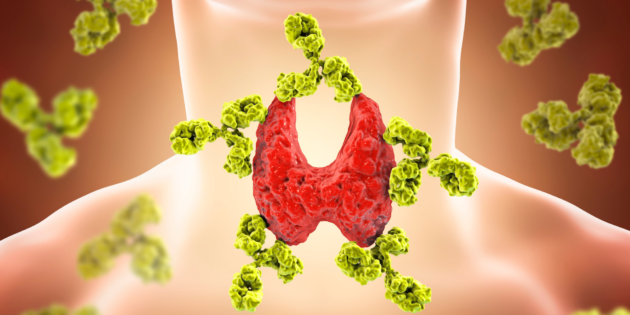
Hashimoto thyroiditis is an autoimmune disease that attacks the thyroid tissue through an immune process, often intermittently. The disease first appears with the gradual enlargement of the thyroid gland and slow progression of hypothyroidism due to the infiltration of immune cells into the thyroid tissue, causing its destruction. Hashimoto thyroiditis is the most common endocrine…
Managing Celiac Disease With A Gluten-Free Diet

Celiac disease is an autoimmune disorder causing inflammation of the small intestine. The disease is prompted by ingesting gluten-containing products in susceptible people. Gluten is a group of alcohol-soluble proteins found in various grains, including wheat, barley, spelt, rye, and Kamut. Celiac disease is often brought on by environmental factors, including viral infections and an…
How Diet and Supplements Can Help Rheumatoid Arthritis
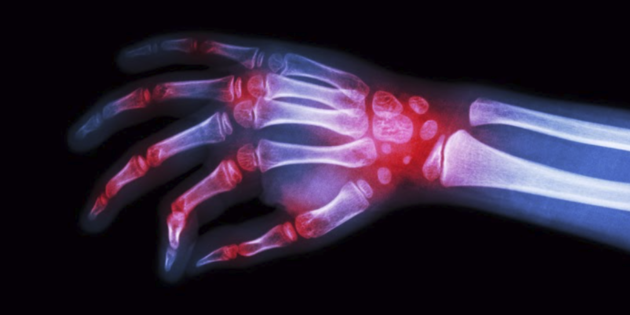
Rheumatoid arthritis (RA) is a chronic, autoimmune, inflammatory disease that affects the whole body and leads to cartilage, joint, and bone destruction. RA is a very debilitating disease that may lead to difficulty doing daily activities. The pain and stiffness can be frustrating and challenging. Two percent of the global population suffers from this disease;…
Herbs, Foods, and Supplements to Get Rid of Parasites
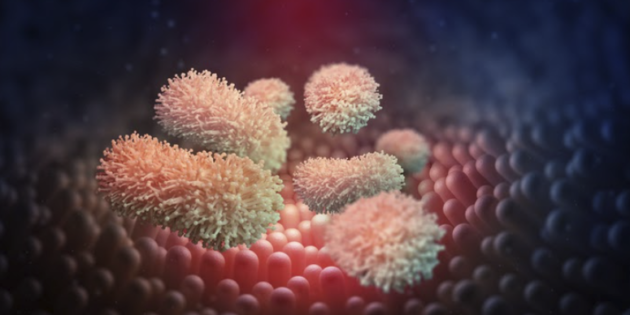
There are a variety of parasites that can infect our intestinal tract. With more frequent international travel, parasite infections have become more common over the last couple of years. Fatigue, diarrhea, gas, vomiting, chills, bloating, heartburn, constipation, stomach pain, or loss of appetite are all parasite infection and infestation symptoms. Some parasites enter the body…
Chronic Fatigue Syndrome and How Diet And Supplements Can Help

There is a big difference between ‘I need another cup of coffee’ and Chronic Fatigue Syndrome (CFS). This debilitating condition impacts the mood, energy, and life of the people who suffer from it. CFS is also known as myalgic encephalomyelitis (ME/CFS), or encephalopathy, and it affects all age groups. CFS can be very serious and…
How to Support The Immune System with Diet and Supplements

Our immune system merged throughout our body is there to protect us against infections and other external and internal assaults. The immune system uses two types of defense mechanisms against threats to our body. An innate defense mechanism and an adaptive defense mechanism. Each defends against a threat to the body in a different way.…
Epigenetics and How Lifestyle Choices Affect Health
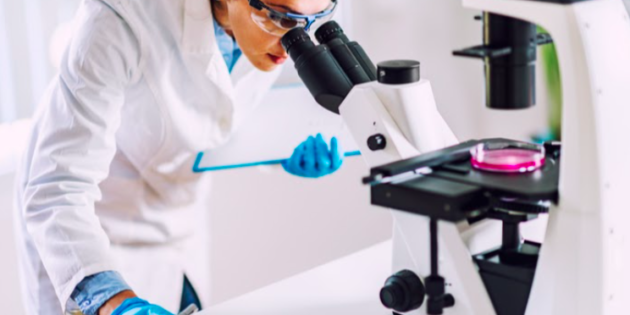
The external effects of the environment can influence disease, and some of these effects can even be inherited in people. What exactly does this mean? Let’s give an example: in 2002, Swedish scientists conducted an investigation where they examined whether nutrition affected the death rate from heart disease and diabetes and whether these effects were…
The Effects of ENDOTOXINS on your HEALTH

In nature, organisms have developed ways to defend themselves by producing poisonous and harmful substances called toxins. Toxins are substances produced within living cells or organisms that can have a detrimental effect on other living organisms. Endotoxins are bacterial toxins from Gram-negative bacteria, (‘endo’ meaning ‘internal’, a part of the bacteria itself). An endotoxin is…
How to treat hair loss with diet and supplements

Hair loss is a clear sign of some deficiency in your diet. This deficiency can be of specific nutrients, or overall calorie deficiency or a macronutrient deficiency such as protein deficiency. Hair follicles are among the most metabolically active in the body. They require constant and proper nutrition to support their growth. Research shows…
Allergies vs. Intolerances, and Natural Treatments That May Help

A true allergy: There are four types of reactions to allergens, including: 1. An immediate and acute reaction. It is the most common form of an allergic reaction, but it is still uncommon among the global population. An anaphylactic reaction releases histamine, serotonin, bradykinin, and lipid mediators, which may damage tissues and organs. Anaphylaxis involves…
How to Get Rid of Dandruff Naturally

Dandruff is the most common scalp disorder globally, which affects almost half of all people before the age of puberty, and usually, but not always subsides in people over the age of 50, with both genders affected equally. Research shows that keratinocytes, or surface skin cells that produce keratin, the main fibrous protein forming the…
Natural Recipes for Healthy Shampoo, Conditioner, and Skin Toner
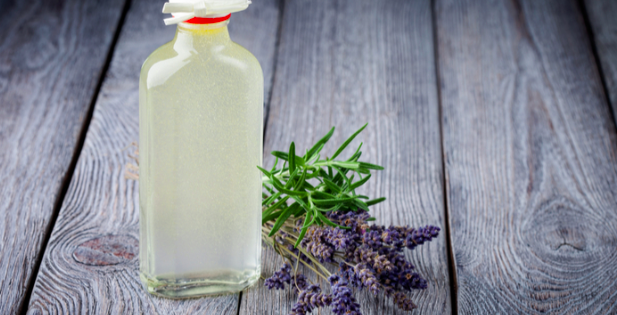
Our modern lifestyle increasingly relies on a growingly diverse group of synthetic chemicals. There are over 140 million chemicals that are registered under the Chemical Abstract Service (CAS, 2015), and this number is multiplying. These chemicals are a growing challenge and may pose many human health risks. They are a challenge because these chemicals can…
Garlic for Weight Loss and 10 Other Health Benefits
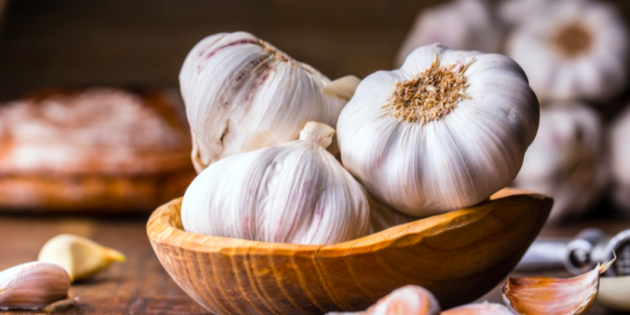
As early as ancient times, people have recognized how beneficial garlic is for our general health and well-being. Even Hippocrates used garlic when he treated people for a wide variety of health problems and conditions. [1] Today, thanks to extensive research, we know that dietary factors play a vital role in the development of various…
10 Reasons Why You Want To Sprout Food And How To Easily Do This
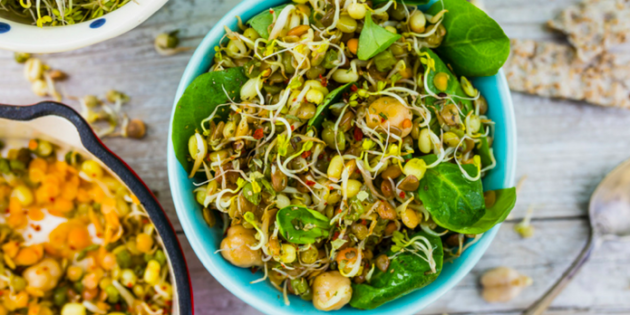
The process of germinating seeds to be eaten is called sprouting. The practice involves soaking the seeds, legumes, grains, or nuts, followed by an incubation period. You soak and incubate the seeds until they grow a tail-like protrusion. The soaking period increases the water content of the seeds and brings them out of a dormant…